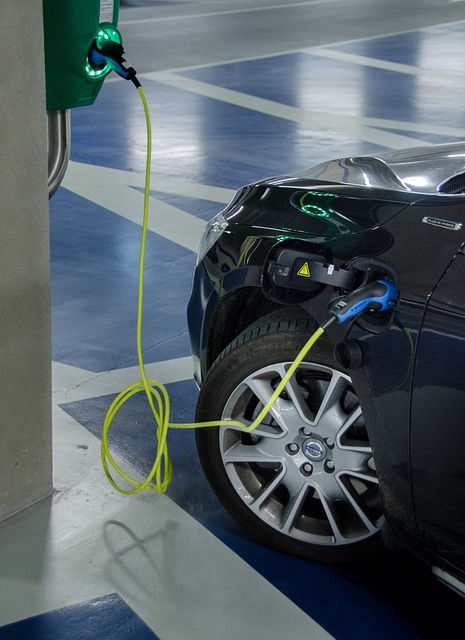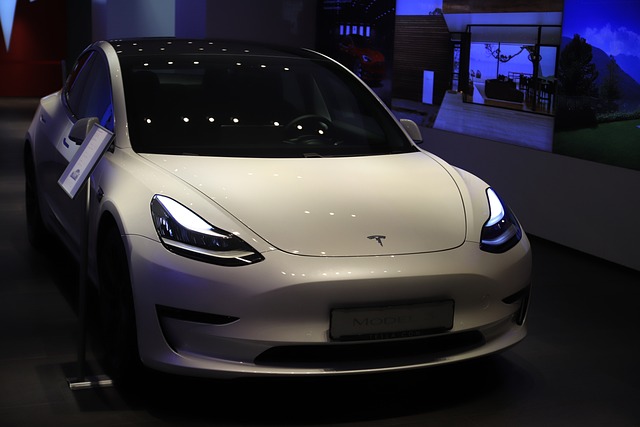Electric vehicles (EVs) have emerged as a transformative solution in the transportation sector, offering numerous environmental and economic benefits. In India, where rapid urbanization and increasing pollution levels pose significant challenges, EVs are playing a crucial role in driving social impact and community development programs.
This article explores the diverse ways in which electric vehicles are shaping India’s sustainable future while positively impacting local communities.
Environmental Impact
India faces a severe air pollution crisis, especially in densely populated urban areas. The combustion of fossil fuels by conventional vehicles contributes significantly to air pollution, leading to various health issues.
Electric vehicles, being zero-emission vehicles, help mitigate this problem. By replacing conventional vehicles with EVs, India can significantly reduce air pollution, improving the overall air quality and public health conditions in communities across the country.
Economic Empowerment
Electric vehicles are not only environmentally friendly but also present economic opportunities. With the increasing demand for EVs, there is a growing need for charging infrastructure, maintenance, and skilled technicians.

This has led to the creation of new job opportunities in the electric vehicle industry, promoting economic empowerment in communities. Local entrepreneurs and small-scale businesses are exploring avenues in EV charging stations, battery manufacturing, and EV servicing, thereby contributing to local economic growth and community development.
Accessible and Affordable Transportation
In India, many rural areas lack reliable and affordable transportation options, which limits economic opportunities for residents. Electric vehicles, with their lower operational costs and reduced dependence on fossil fuels, offer a promising solution. By introducing electric rickshaws, buses, and other shared mobility options, EVs are enhancing accessibility and affordability of transportation services in remote areas.
This enables better connectivity, improves mobility for marginalized communities, and stimulates economic activities by enabling people to reach markets and employment opportunities more easily.
Government Initiatives and Policies
Recognizing the potential of electric vehicles in fostering social impact and community development, the Indian government has introduced several initiatives and policies to promote their adoption. The Faster Adoption and Manufacturing of Hybrid and Electric Vehicles (FAME) scheme, launched in 2015, offers financial incentives to buyers and manufacturers of electric vehicles.
These incentives, coupled with tax exemptions and subsidies, aim to make EVs more affordable and accessible for both individuals and fleet operators. Additionally, the government is investing in charging infrastructure development to support the widespread adoption of EVs across the country.

Community-Based Charging Infrastructure
Electric vehicle charging infrastructure plays a crucial role in encouraging the transition to EVs. In India, community-based charging infrastructure models are emerging, wherein local communities, residential complexes, and commercial establishments are setting up charging stations.
This grassroots approach not only promotes community engagement but also facilitates the growth of local businesses. Community charging stations can become social hubs, where people interact, share knowledge, and collaborate on various initiatives, thereby fostering social cohesion and community development.
Energy Grid Integration and Renewable Energy
As India expands its electric vehicle ecosystem, the integration of EV charging infrastructure with renewable energy sources becomes vital. With a substantial renewable energy potential, including solar and wind power, India can harness these sources to charge EVs and reduce dependence on fossil fuel-based electricity.
Promoting the synergy between electric vehicles and renewable energy not only reduces carbon emissions but also supports the sustainable development of communities, creating a clean energy ecosystem for the future.
Conclusion
Electric vehicles are emerging as a catalyst for social impact and community development in India. By addressing environmental concerns, driving economic empowerment, enhancing accessibility, and promoting sustainable policies and infrastructure, EVs are transforming the transportation landscape. As India continues its journey towards sustainability, electric vehicles will play an increasingly significant role in shaping a cleaner, greener, and more inclusive future for the country and its communities.
